(MPI) – Attending and speaking at the Seminar: The role of the National Assembly in formulating and implementing socio-economic development policies, Deputy Minister of Planning and Investment Tran Quoc Phuong said that over the past 35 years of attracting foreign investment, Vietnam has continuously improved its institutions, preferential policies and support to better attract and manage domestic and foreign investment resources; the legal framework related to investment attraction policies is basically complete and is considered competitive compared to other countries. Vietnam has achieved many great achievements in attracting foreign investment, with foreign investment flows continuously increasing over the years.
The seminar took place on September 5, 2024, in Da Nang city, co-chaired by Vice Chairman of the National Assembly Nguyen Duc Hai and Vice Chairman of the Lao National Assembly Sommad Pholsena.
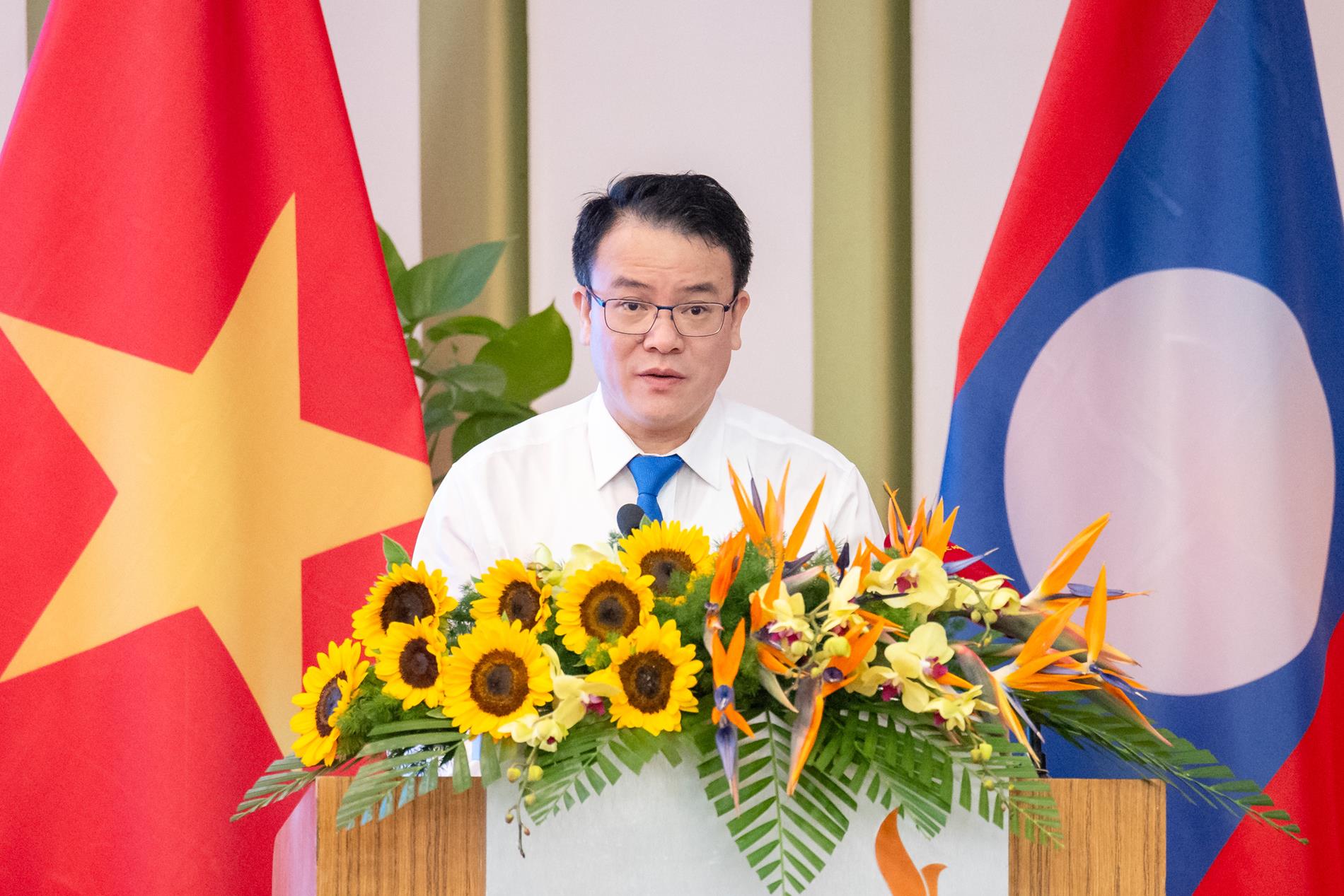 |
| Deputy Minister of Planning and Investment Tran Quoc Phuong speaks at the seminar. Photo: quochoi.vn |
Speaking at the seminar, Deputy Minister Tran Quoc Phuong said that after nearly 40 years of innovation, opening up and integration, Vietnam has achieved many important achievements. The scale of Vietnam's economy reached over 430 billion USD, the average income per capita increased to nearly 4,300 USD, signed 15 new generation free trade agreements with more than 60 countries and territories, including the largest markets in the world and increasingly diversified markets, products and supply chains.
During that process, the consistent viewpoint of the Vietnamese Party and State is to consider the foreign-invested economic sector and the collective economy as important components of the economy, encouraged and facilitated to develop in a direction that is both complementary and competitive, promoting mutual development.
Referring to some highlights in Vietnam's FDI attraction policy, Deputy Minister Tran Quoc Phuong stated that Vietnam has continuously revised and improved legal documents related to investment, especially the Investment Law and Enterprise Law, PPP Law, etc. This has created a clear and transparent legal framework, helping foreign investors feel secure and confident when investing in Vietnam with a transparent, open, convenient procedural system, and the application of information technology in management.
The National Assembly and the Government of Vietnam have introduced many preferential policies on tax, land, and administrative procedures for foreign investors, especially in the fields of high technology, environmental protection, energy saving, etc. Vietnam has focused on investing heavily in infrastructure, from transportation, electricity to telecommunications, creating favorable conditions for foreign enterprises in operating and developing their businesses.
Along with that, Vietnam has actively participated in bilateral and multilateral free trade agreements (FTAs), creating an open business environment and easy access to international markets; investing heavily in education and training, especially vocational training, to improve the quality of human resources, meeting the requirements of foreign investors.
With the correct, effective and timely policies of Vietnam, the foreign investment sector has made many important contributions, being an important growth driver of the economy, contributing significantly to the country's GDP and total development investment capital of the whole society; contributing greatly to the state budget revenue; contributing significantly to promoting economic restructuring, creating an important foundation for long-term growth, as well as promoting the modernization and industrialization process of the country; Contributing to perfecting institutions, enhancing the competitiveness of the economy, creating an open and favorable investment and business environment, gradually approaching international standards;...
Through the process of implementing FDI attraction policies, Deputy Minister Tran Quoc Phuong pointed out important lessons learned. Firstly, it is necessary to maintain political stability and a transparent business environment: This is the most important factor to attract FDI, helping investors feel secure and easily make investment decisions.
Second, ensuring the rights of investors: Policies must ensure the legitimate rights of investors and support them in their production and business activities. This includes protecting intellectual property rights, property rights, and dispute resolution.
Third, there needs to be flexibility and adaptability in formulating and adjusting FDI attraction policies; the ability to adapt, update and adjust promptly to changes in the international market as well as the domestic economic situation.
Fourth, focus on training and developing human resources: Investing in human resources is a key factor in attracting FDI. High-quality human resources not only attract investors but also help them develop sustainably in Vietnam.
Fifth, focus on law enforcement, bring the law into life; closely link the responsibility for public service implementation in all sectors and levels; at the same time, improve the capacity of inspection and supervision; combat illegal investment, transfer pricing, violations of environmental laws, etc.
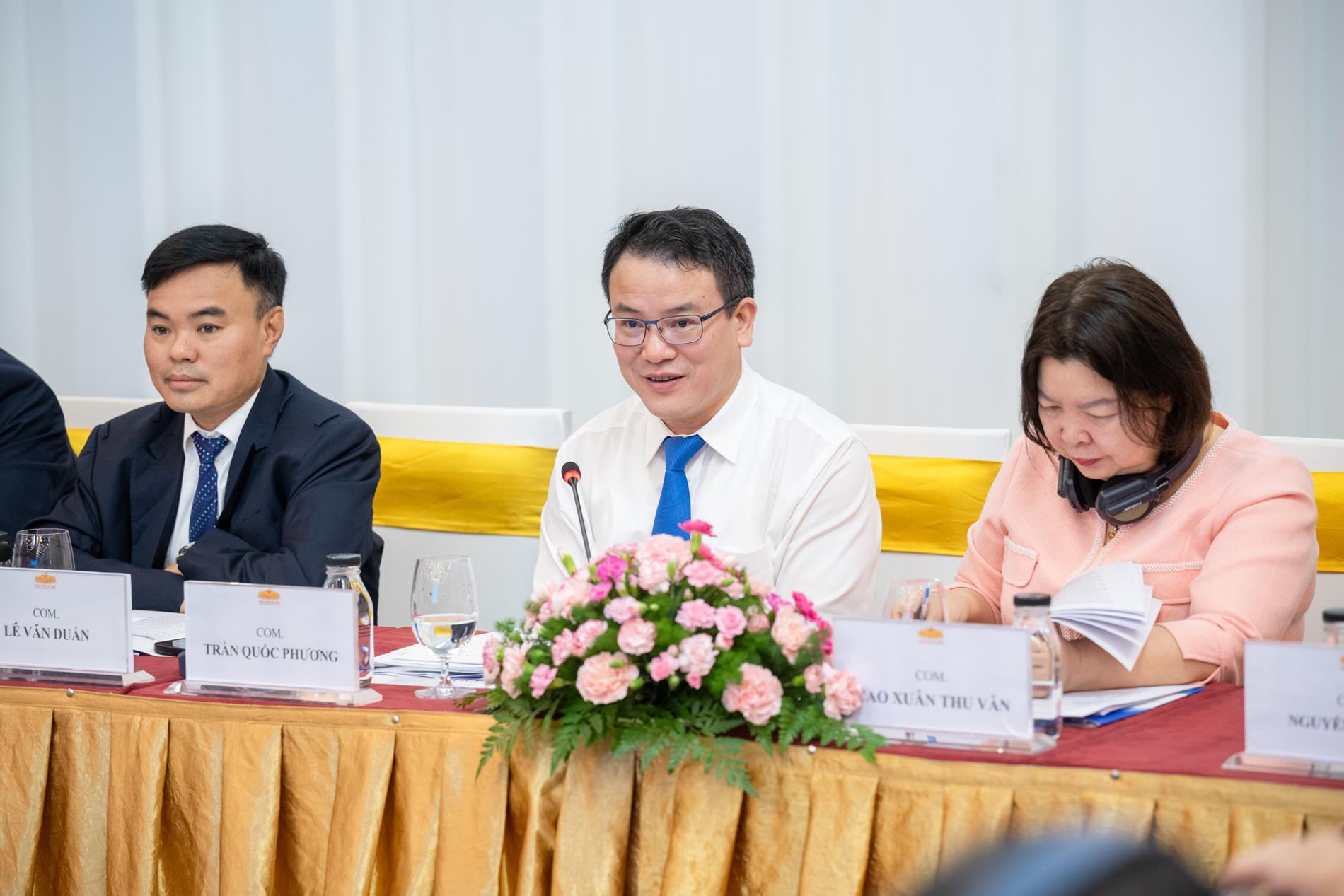 |
| Deputy Minister Tran Quoc Phuong attended the discussion at the seminar. Photo: quochoi.vn |
Regarding the policy of developing the collective economy, Deputy Minister Tran Quoc Phuong said that the Law on Cooperatives, passed by the National Assembly in 1996, has created an important legal framework for developing the collective economy. To date, the Law on Cooperatives has been amended and supplemented three times in 2003, 2012 and most recently in 2023 to suit the conditions and requirements in each stage of Vietnam's development.
The 2023 Law on Cooperatives has been comprehensively amended and supplemented on the basis of the 2012 Law on Cooperatives, institutionalizing and concretizing the viewpoints and policies stated in Resolution No. 20-NQ/TW of the Party, such as perfecting the regulations on the nature of cooperatives and developing members. Accordingly, the subjects of participation have been expanded, including official members, capital-contributing associate members and non-capital-contributing associate members; supplementing the regulation that the undivided common fund is the source of forming undivided common assets, which is specific to the cooperative model, with specific regulations on the minimum fund deduction from income from external transactions of 5% for cooperatives and 10% for cooperative unions to ensure that the undivided common fund and undivided common assets are constantly developing.
Eliminate barriers, create an equal and favorable business environment, expand the market, improve the ability to mobilize capital, create motivation for cooperatives by creating favorable conditions for cooperatives when entering the market; empower cooperatives and cooperative unions to decide on production and business issues of collective economic organizations, such as determining the level of product and service supply to the outside after meeting the needs of members, deciding on the establishment of enterprises, contributing capital, buying shares to participate in enterprises; increase the maximum capital contribution ratio of official members to 30% of charter capital for cooperatives, 40% of charter capital for cooperative unions; diversify the forms of capital mobilization of members (contributing capital in money, in property rights, in other rights to property).
Along with that is to perfect and improve the effectiveness of the management and operation of cooperatives; Develop collective economic organizations from low to high levels; consolidate and enhance the role of representative organizations: Supplement regulations on cooperative groups, clarify the rights, obligations and registration of cooperative groups; clearly stipulate that the Vietnam Cooperative Alliance system is the core representative organization, protecting the interests of all cooperative groups, cooperatives, and cooperative unions nationwide; Improve the effectiveness and efficiency of state management in the field of collective economy;...
The Deputy Minister added that in recent times, with the participation of the entire political and collective economic system, cooperatives in Vietnam have made many steps of development and achieved great results. Collective economy, with cooperatives as its core, is a highly community-oriented organization, playing an important role in terms of economics, politics, culture and society, and is one of the four economic sectors of the national economy, receiving special attention from the Party and State of Vietnam.
The quantity and quality of collective economic organizations are constantly increasing. By the end of 2023, Vietnam had 30,698 cooperatives (an increase of 58.6% compared to 2013), 137 cooperative unions (an increase of 191% compared to 2013) and 71,500 cooperative groups (a decrease of 43.7% compared to 2013); of which nearly 65% are cooperatives operating in the agricultural sector, the remaining 35% of cooperatives operate in non-agricultural sectors (transportation, industry - handicrafts, trade, credit, environmental services, etc.). It is estimated that by 2024, Vietnam will have about 34,000 cooperatives, 160 cooperative unions and 73,000 cooperative groups.
Up to now, there have been nearly 2,000 agricultural cooperatives applying high technology and digital technology in production and business; over 4,000 agricultural cooperatives undertake to purchase agricultural products for member households. Cooperatives are important entities in developing typical local products (OCOP), accounting for 41.5% of the total number of entities participating in the production of OCOP products.
The collective economic sector and cooperatives have been gradually innovated in association with market mechanisms, autonomy and self-responsibility, and are important factors contributing to ensuring social security, political stability at the grassroots level and the economic development of member households, contributing to the socio-economic development of the country.
The connection between members in collective economic organizations and cooperatives is strengthened, they join forces, contribute capital, share resources, benefits, and experiences, create connections between members in a community-oriented, mutual support direction for mutual development, and at the same time, cooperation between collective economic organizations with each other and with other economic sectors is expanded.
Collective economy and cooperatives contribute directly to economic growth and job creation. According to the General Statistics Office, in the period 2011-2020, the collective economic sector contributed about 4% of GDP, attracted about 6 million members, and created jobs for about 1 million direct and regular workers. In addition, collective economic organizations also contributed indirectly through their impact on the member household economy, making an important contribution to promoting the development of the individual and household economic sector (currently accounting for about 30% of the country's GDP).
The seminar is an opportunity for the Lao National Assembly and the Vietnamese National Assembly to share experiences and practical lessons in building and implementing socio-economic development policies. The information and lessons learned from the seminar will make useful and practical contributions to each country in building or continuing to perfect effective mechanisms and policies to serve the socio-economic development of the two countries in the new situation./.


![[Photo] Standing member of the Secretariat Tran Cam Tu chaired a meeting of the Standing Committee of the Organizing Subcommittee serving the 14th National Party Congress](https://vphoto.vietnam.vn/thumb/1200x675/vietnam/resource/IMAGE/2025/10/24/1761286395190_a3-bnd-4513-5483-jpg.webp)
![[Photo] President Luong Cuong holds talks with South African President Matamela Cyril Ramaphosa](https://vphoto.vietnam.vn/thumb/1200x675/vietnam/resource/IMAGE/2025/10/23/1761221878741_ndo_br_1-8416-jpg.webp)



![[Photo] Prime Minister Pham Minh Chinh meets with South African President Matamela Cyril Ramaphosa](https://vphoto.vietnam.vn/thumb/1200x675/vietnam/resource/IMAGE/2025/10/23/1761226081024_dsc-9845-jpg.webp)
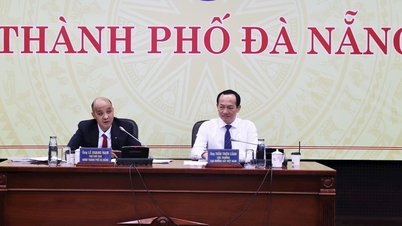


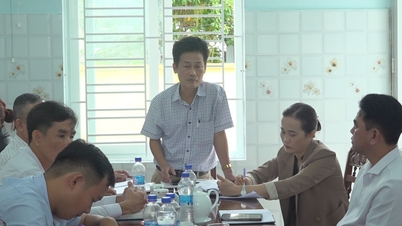

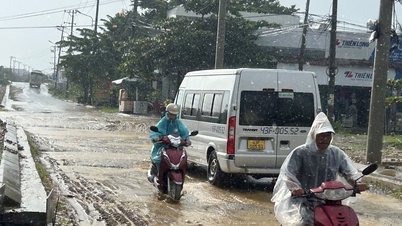





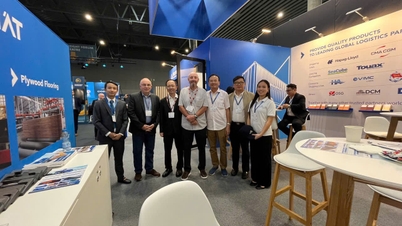
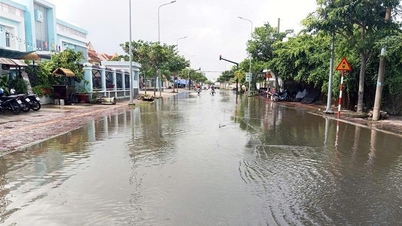
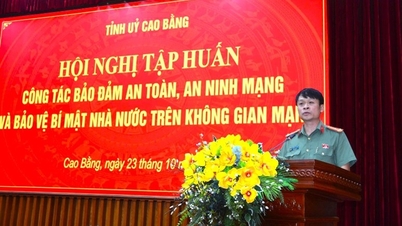
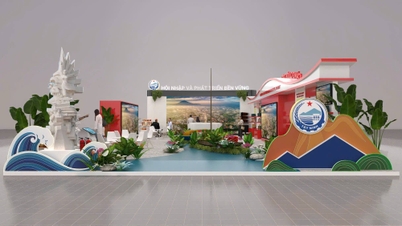
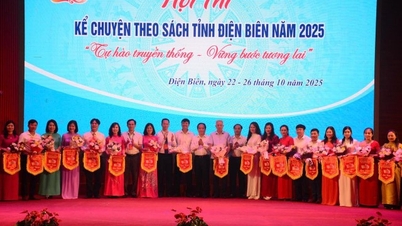
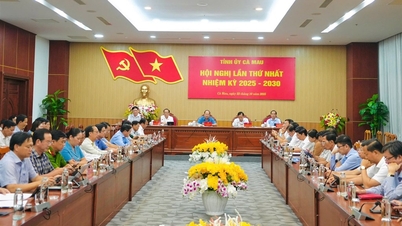


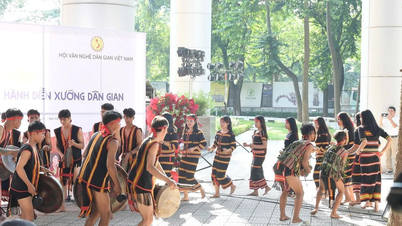





















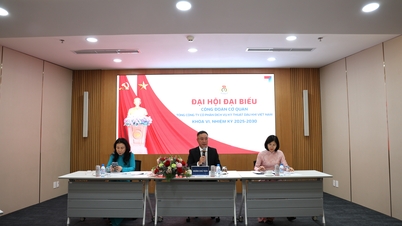


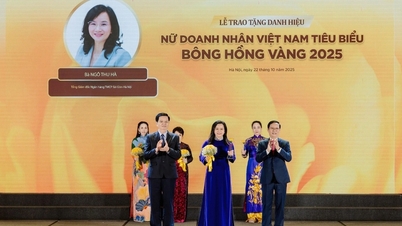
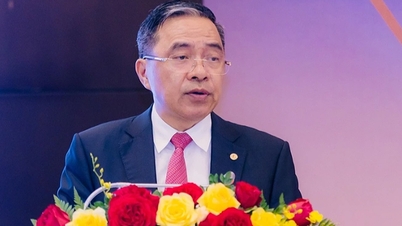






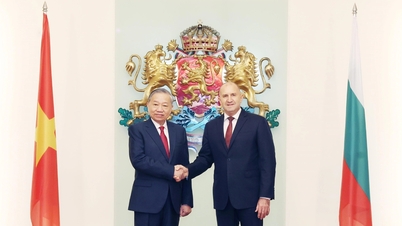


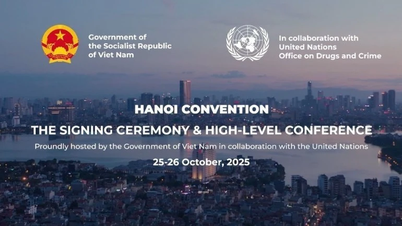

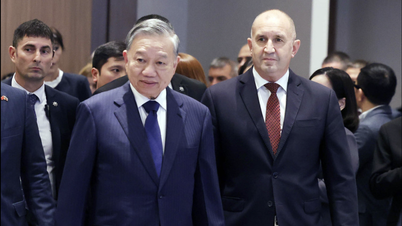
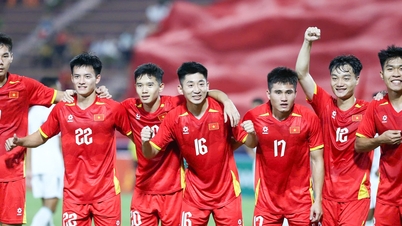
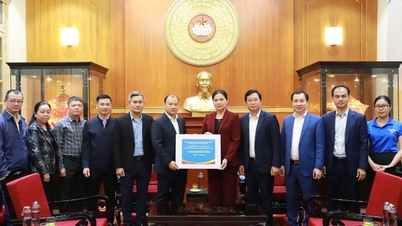

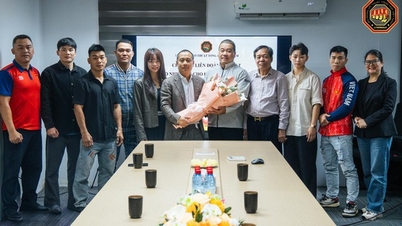
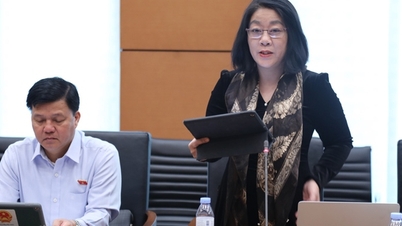
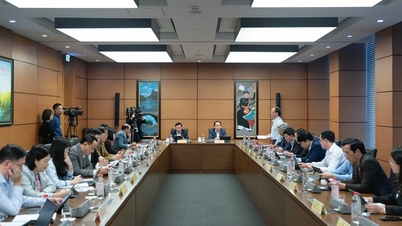
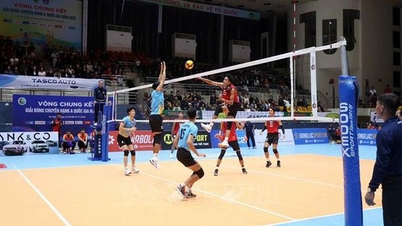

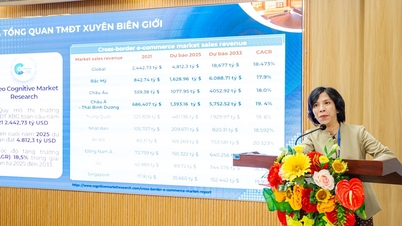
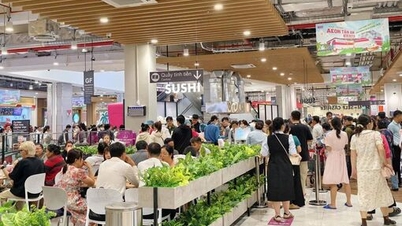


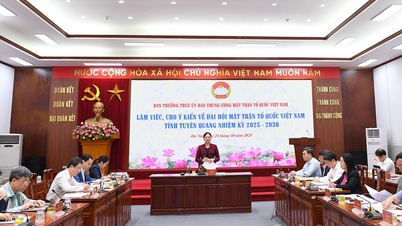

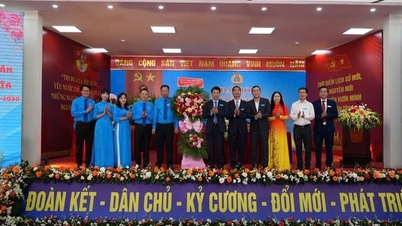

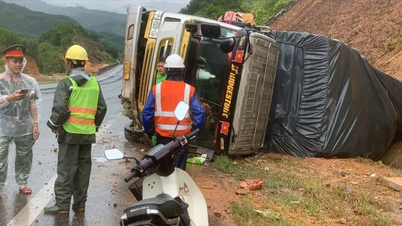













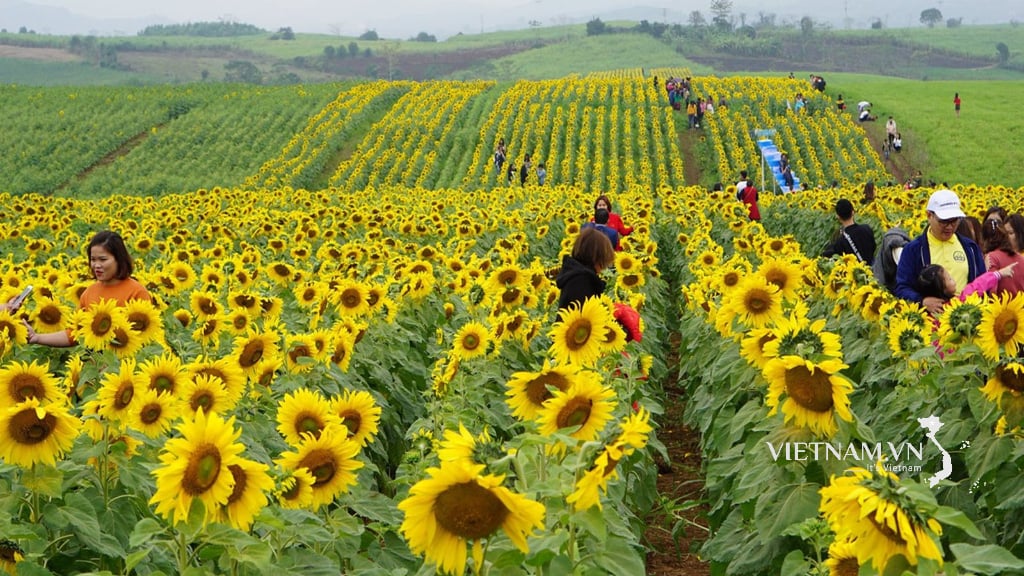


Comment (0)